It’s been a flood of quarterly reports in Sweden this week. With the uncertainty that prevails in the world, they are reassuringly solid to hold on to – clear columns, debit and credit, pluses and minuses. It is what it is. Right?
We’d like to dedicate today’s post to challenging the quarterly reports, and we truly understand if you want to stop reading right here, because after all, it’s vacation. Not all Greengoats are on vacation yet however, so here we go.
Triple bottom line
When you think about it, doesn’t it feel like we’re playing a guessing game that’s gone out of control? It might be the unusually high level of uncertainty that makes it harder than usual to read between the lines right now, but is it really possible to evaluate a company from the bottom line?
Many would say no – we as well. Because there are a couple of bottom lines missing. John Elkington coined the term triple bottom line more than 25 years ago, so the idea is nothing new. It simply means that you have three bottom lines instead of just one, and that you are transparent with how much you spend and how much you contribute financially, socially and environmentally in all these aspects.
Is it even an option not to?
We have previously talked about our friend, Professor Arne Fagerström, who devotes a lot of time and effort to finding ways to get the environment and social aspects into reporting. The Global Reporting Initiative (GRI) also have guidelines to integrate the three aspects in a clear way, and there are more. It is of course difficult because we’re not used to it and it’s not easy to translate the social and environmental aspects into clear figures, but it is possible. You can even argue that it becomes a bit arbitrary, but is that really a reason not to report them? Isn’t it even more arbitrary to leave them out?
The climate crisis has not succeeded in driving the issue of integrated reporting, but maybe COVID-19 can manage to take it to the finish line? Because we want to know how prepared companies are to deal with crises of this magnitude and how they future proof their operations in all aspects. As a shareholder, it would be valuable, right? As a bank, employee, customer and supplier as well. Yes, as a society and as any other stakeholder too.
Are you even allowed to challenge quarterly reports? Well, that’s what we just did. Did you follow us all the way to the bottom line? Thanks! Then, it’s time for some vacation!

